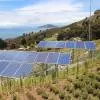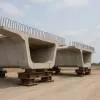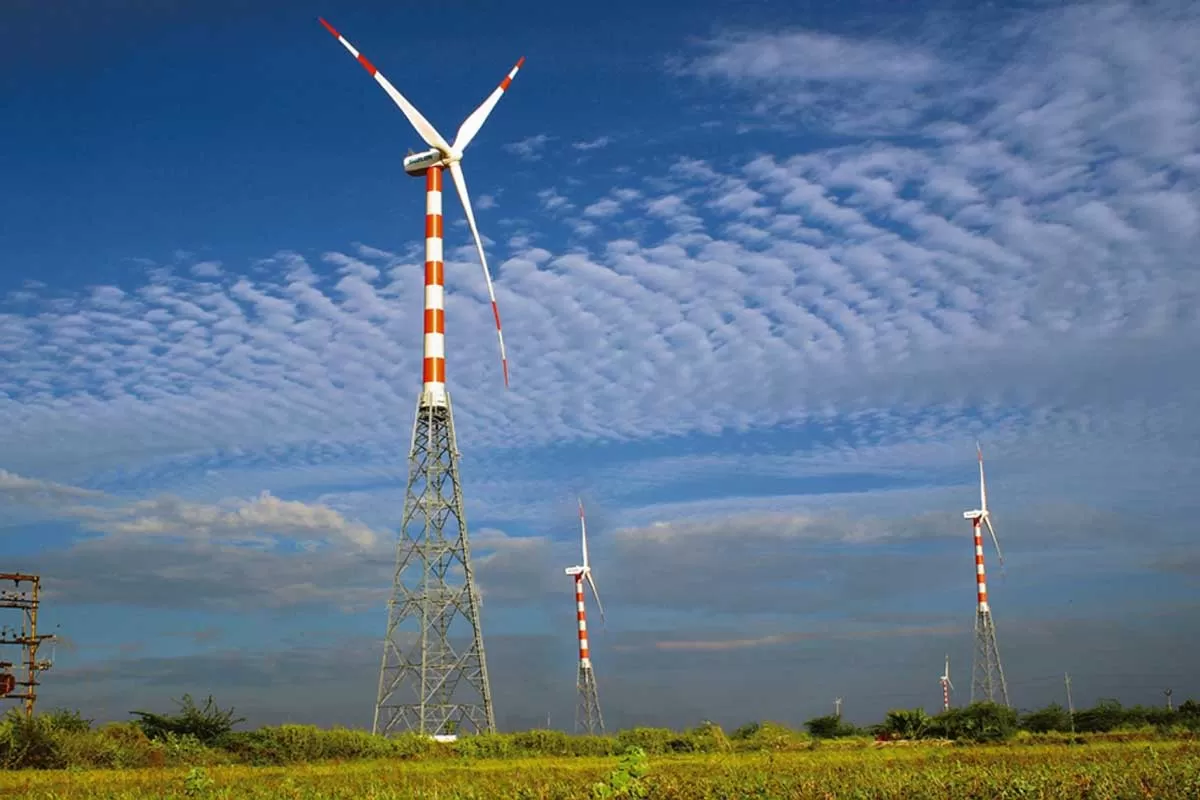
India Invites Bids for 4 GW Offshore Wind Power Projects
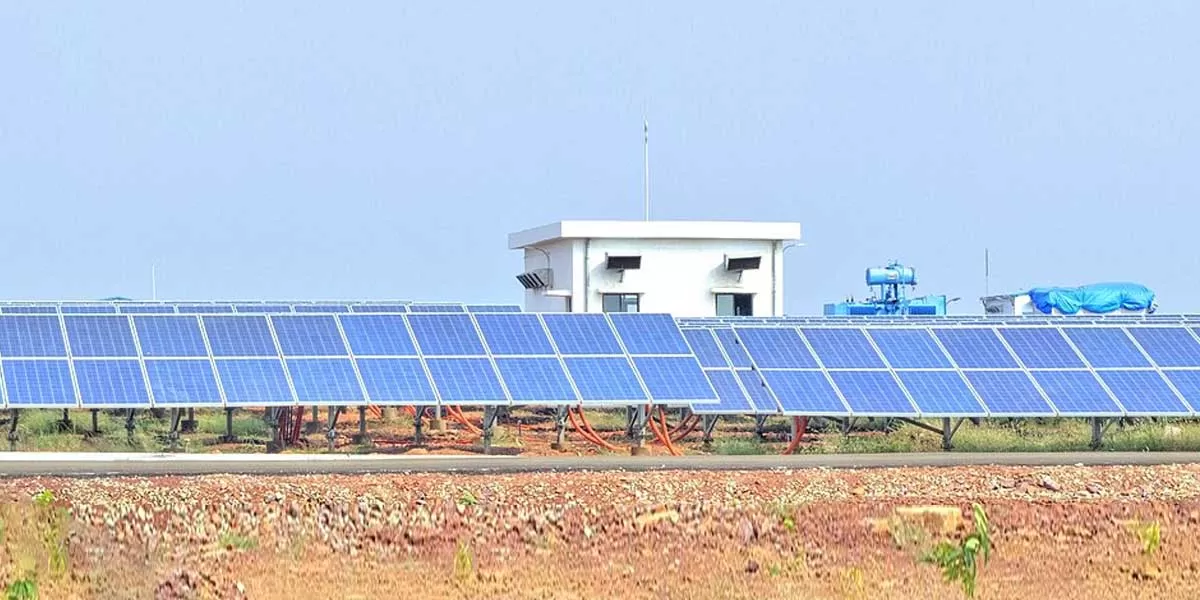
Primegold Now Turns to Green Steel
Primegold International has rebranded itself as Primegold Steel & Power to reflect its entry into green steel production. The company is launching a 20 MW solar power plant in Ariyalur, Tamil Nadu, to generate clean energy for captive use. Backed by Rs 650 million in funding from the Indian Renewable Energy Development Agency, the project is set to begin construction in April.The company already operates in the wind power sector and holds long-term renewable energy contracts. The solar initiative marks a major step in its sustainability journey.Primegold’s turnover rose to Rs 8 billion i..
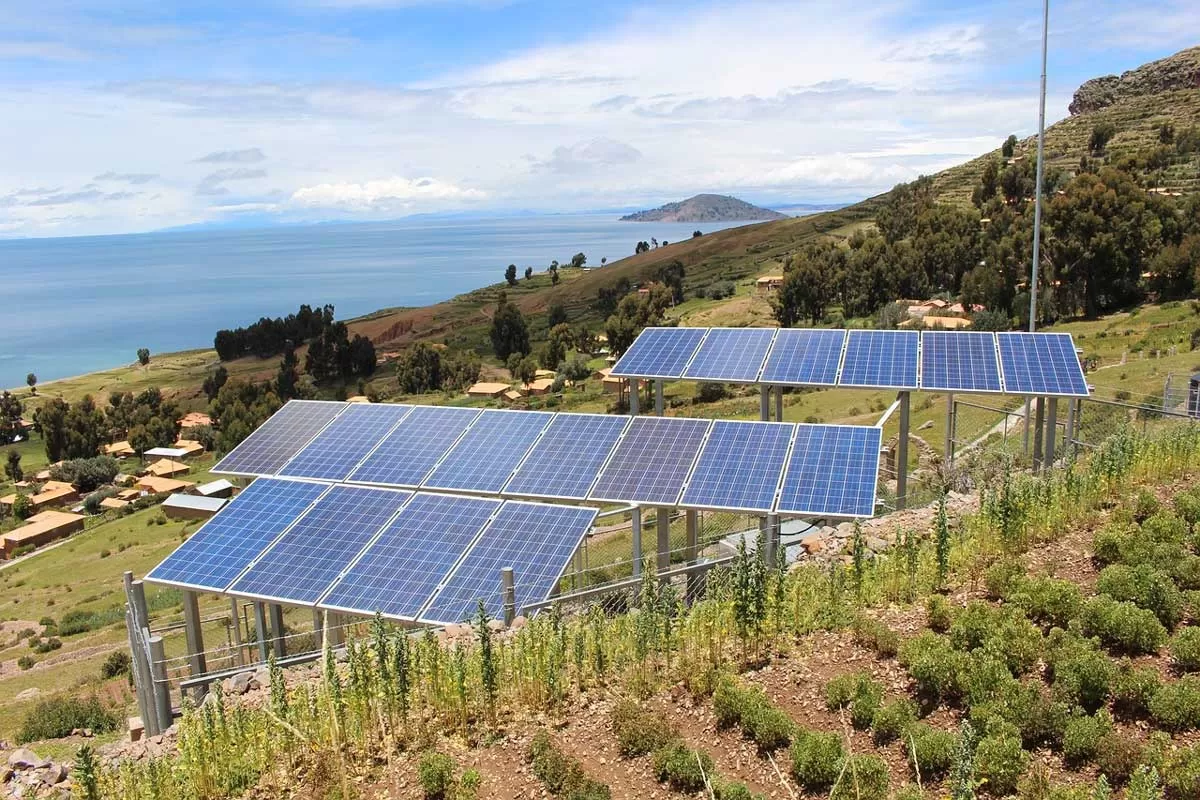
UP Targets Solar Growth with Global Ties
The Uttar Pradesh government is intensifying its policy-driven push for a green revolution by signing initial agreements with the Hinduja Group and Australia’s Smart Energy Council. With an ambitious goal to generate 500 gigawatts of solar energy by 2030, the state aims to position regions like Bundelkhand and Vindhya as hubs for solar infrastructure and investment.A key focus of the initiative is job creation across the solar value chain—from panel manufacturing and installation to maintenance and transmission. To support this, the state has launched the Solar Mitra Yojana, aimed at devel..
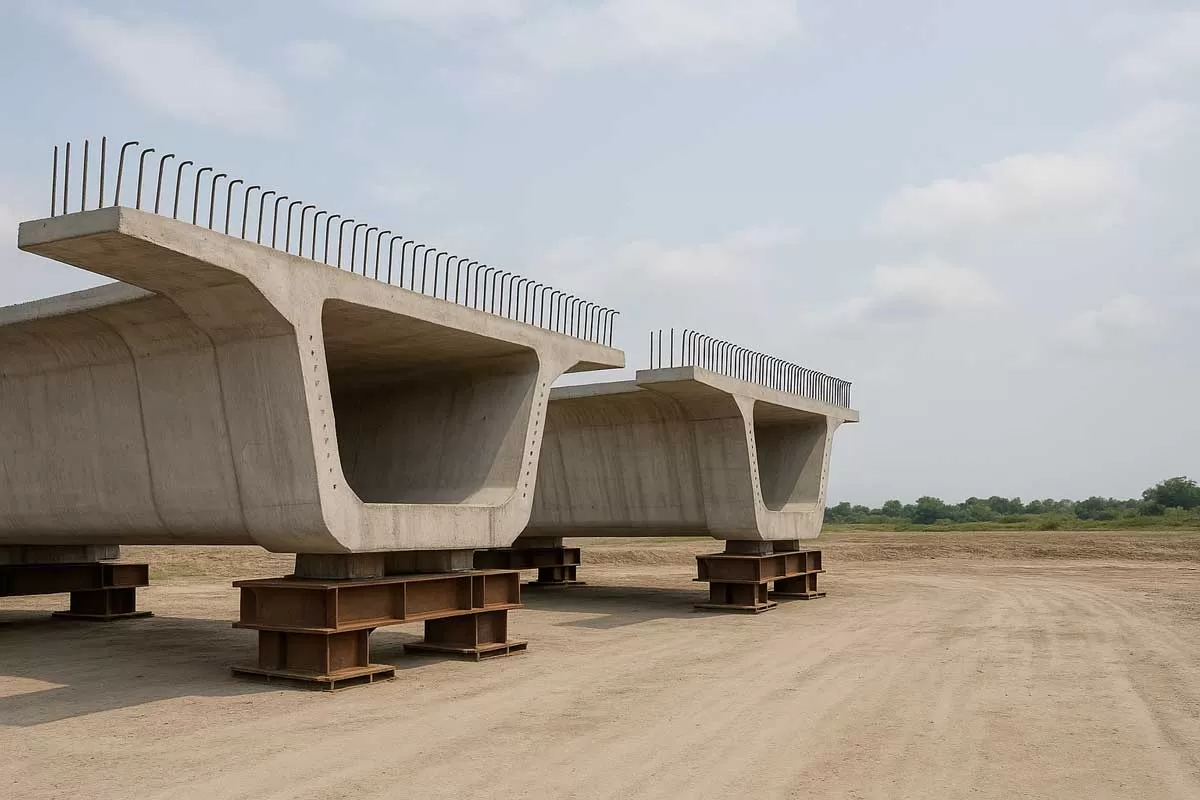
Bakhtiyarpur-Tajpur Bridge Segments Under Technical Review
Eleven pre-cast segments of the Bakhtiyarpur-Tajpur bridge in Bihar, left unused for nearly eight years, are now under inspection as construction on the stalled project resumes. These segments, originally brought in for installation using the segment launching method, have been lying idle after a storm caused the launcher to collapse, halting work.With construction now back on track, Road Construction Minister Nitin Naveen has directed a thorough technical evaluation of the unused segments before they can be approved for launching. The bridge’s superstructure relies on segmental technology�..




